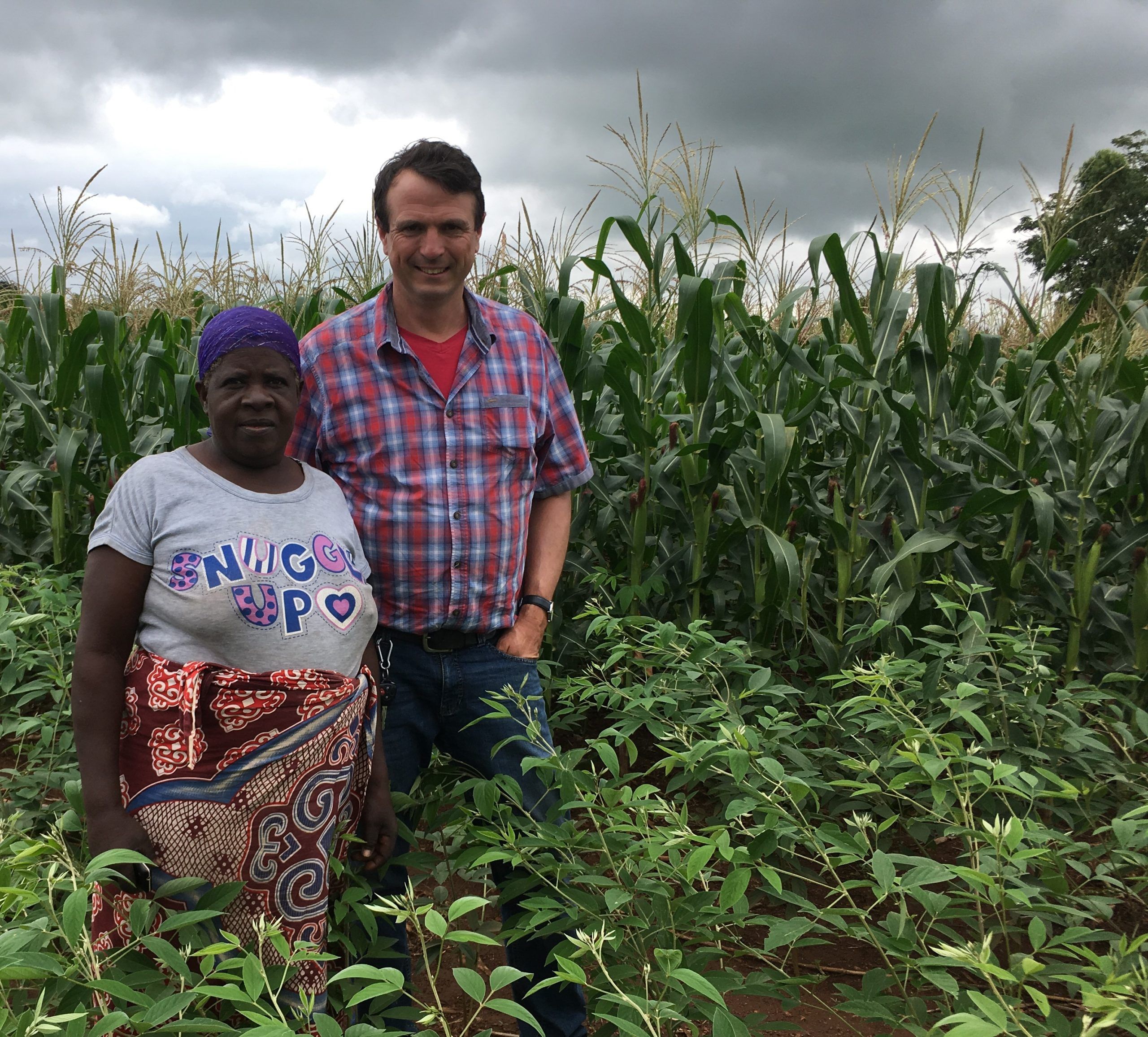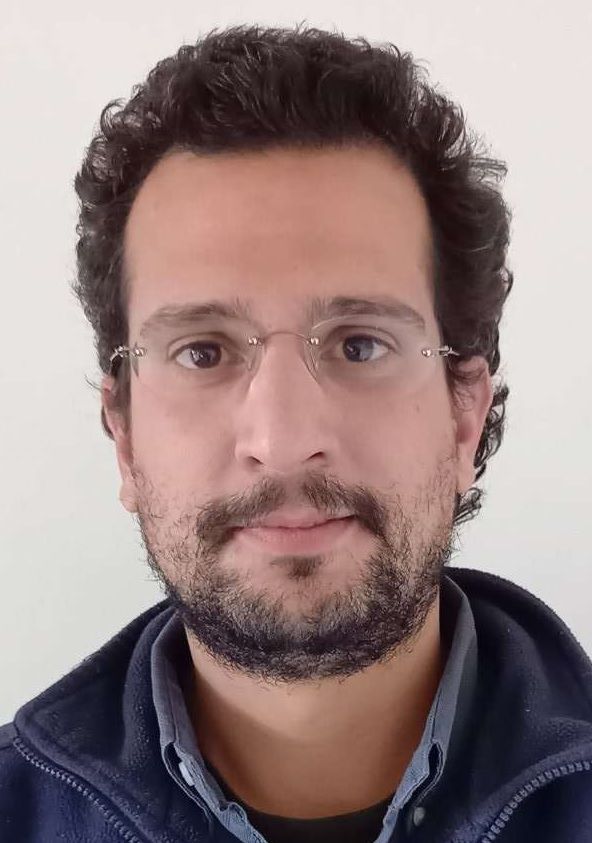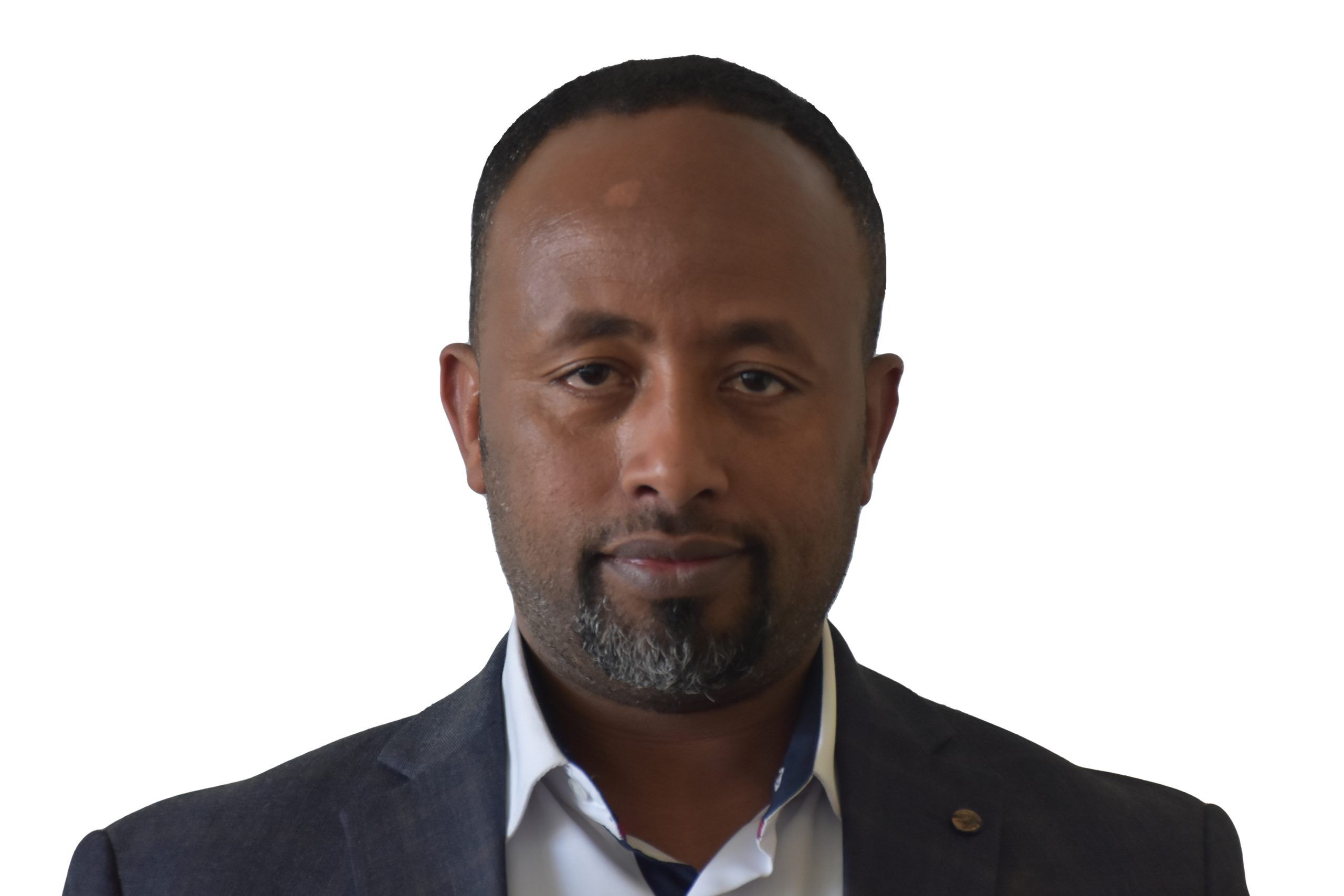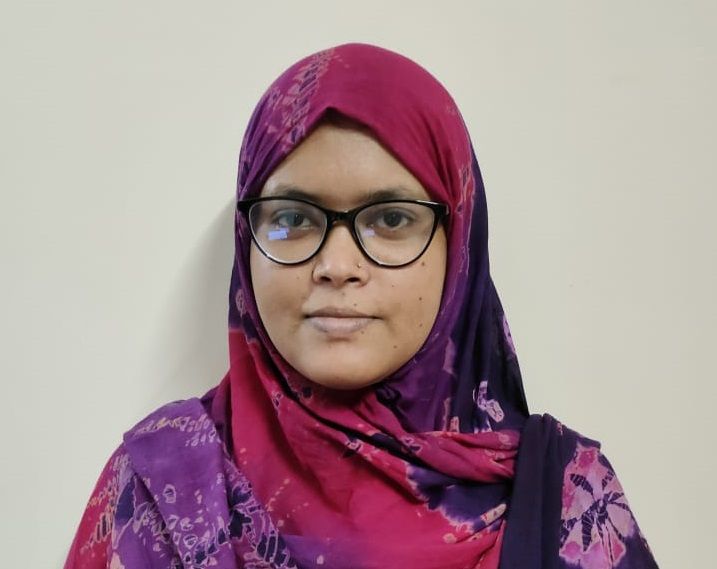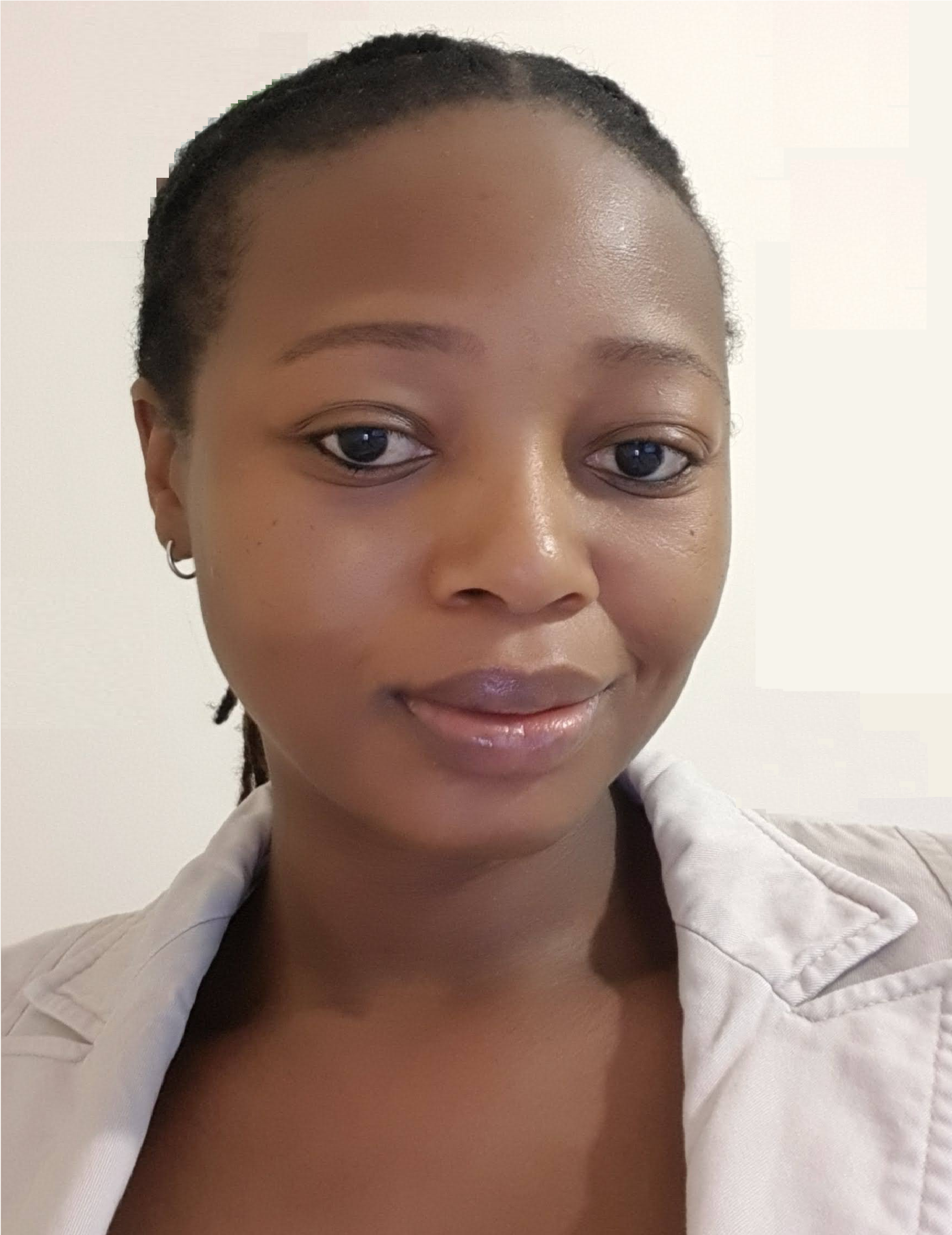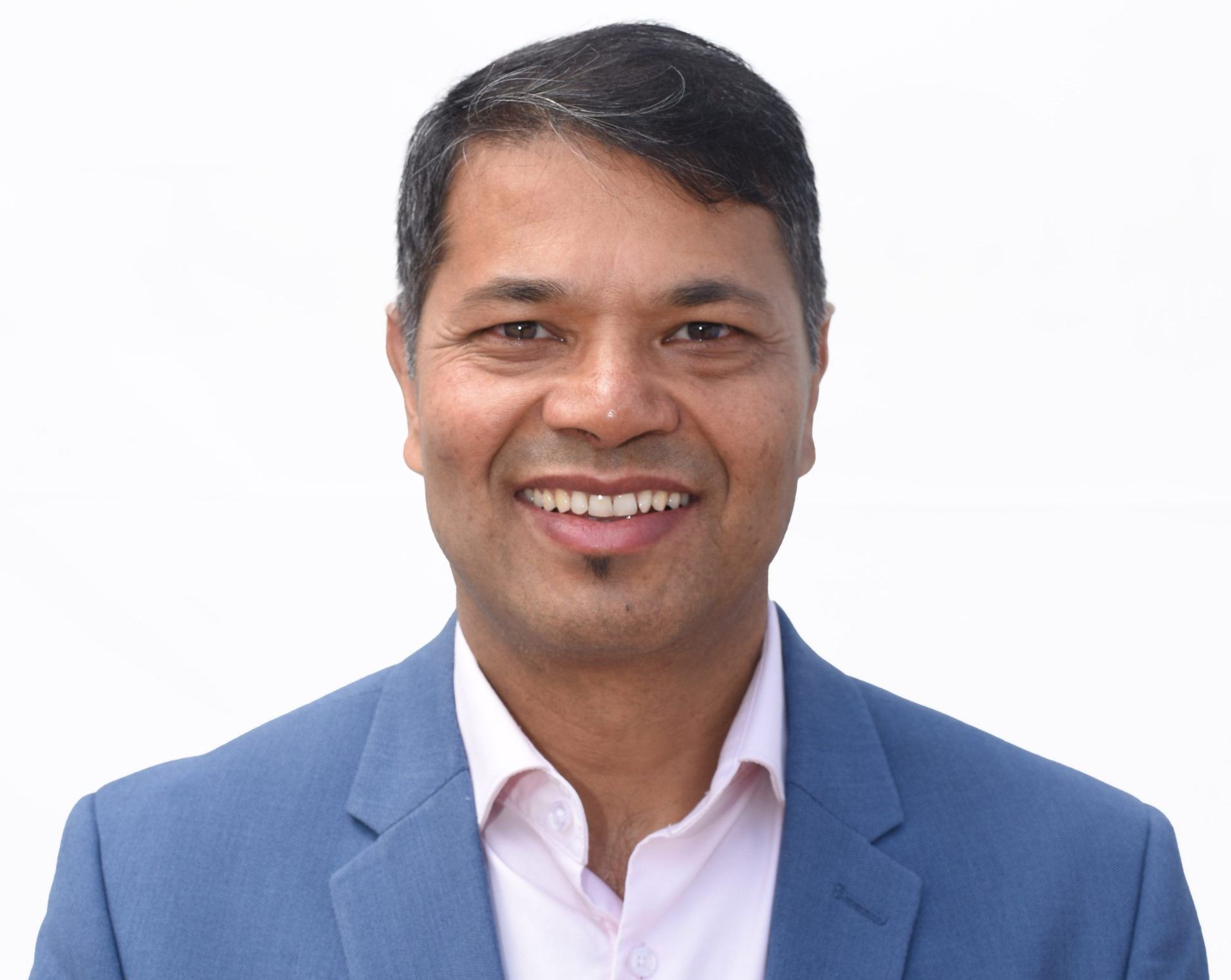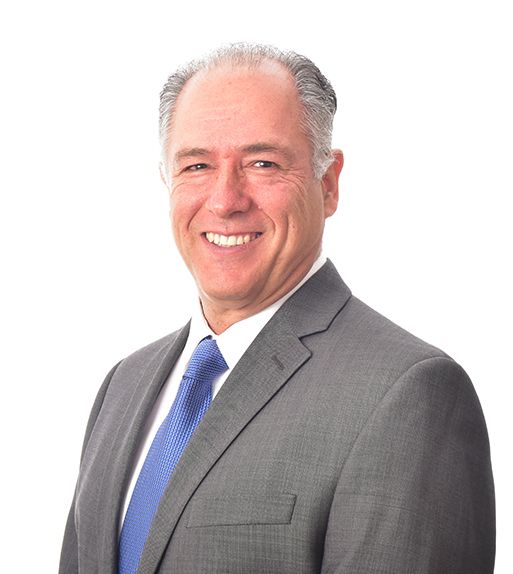Ecological farming a boon for staple crop farmers in Africa, new study finds
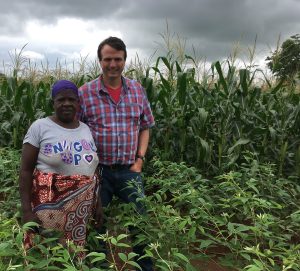
An international team of scientists has found that eco-friendly practices such as growing a range of crops, including legumes such as beans or pigeonpea, and adding plant residues or manure to soils can raise food crop yields in places such as rural Africa, where small-scale farmers cannot apply much nitrogen fertilizer.
Published in the science journal Nature Sustainability and examining data from 30 long-running field experiments involving staple crops (wheat, maize, oats, barley, sugar beet, or potato) in Europe and Africa, this major study is the first to compare farm practices that work with nature to increase yields and explore how they interact with fertilizer use and tillage.
“Agriculture is a leading cause of global environmental change but is also very vulnerable to that change,” said Chloe MacLaren, a plant ecologist at Rothamsted Research, UK, and lead author of the paper. “Using cutting-edge statistical methods to distill robust conclusions from divergent field experiment data, we found combinations of farming methods that boost harvests while reducing synthetic fertilizer overuse and other environmentally damaging practices.”
Recognizing that humanity must intensify production on current arable land to feed its rising numbers, the paper advances the concept of “ecological intensification,” meaning farming methods that enhance ecosystem services and complement or substitute for human-made inputs, like chemical fertilizer, to maintain or increase yields.
Boosting crop yields and food security for far-flung smallholders
The dataset included results from six long-term field experiments in southern Africa led by the International Maize and Wheat Improvement Center (CIMMYT). Africa’s farming systems receive on average only 17 kilograms of fertilizer per hectare, compared to more than 180 kilograms per hectare in Europe or close to 600 in China, according to Christian Thierfelder, a CIMMYT cropping systems agronomist and study co-author.
“In places where farmers’ access to fertilizer is limited, such as sub-Saharan Africa or the Central American Highlands, ecological intensification can complement scarce fertilizer resources to increase crop yields, boosting households’ incomes and food security,” Thierfelder explained. “We believe these practices act to increase the supply of nitrogen to crops, which explains their value in low-input agriculture.”
The CIMMYT long-term experiments were carried out under “climate-smart” conservation agriculture practices, which include reduced or no tillage, keeping some crop residues on the soil, and (again) growing a range of crops.
“These maize-based cropping systems showed considerable resilience against climate effects that increasingly threaten smallholders in the Global South,” Thierfelder added.
Benefits beyond yield
Besides boosting crop yields, ecological intensification can cut the environmental and economic costs of productive farming, according to MacLaren.
“Diversifying cropping with legumes can increase profits and decrease nitrogen pollution by reducing the fertilizer requirements of an entire crop rotation, while providing additional high-value food, such as beans,” MacLaren explained. “Crop diversity can also confer resilience to weather variability, increase biodiversity, and suppress weeds, crop pests and pathogens; it’s essential, if farmers are to improve maize production in places like Africa.”
Thierfelder cautioned that widespread adoption of ecological intensification will require strong support from policymakers and society, including establishing functional markets for legume seed and for marketing farmers’ produce, among other policy improvements.
“Dire and worsening global challenges — climate change, soil degradation and fertility declines, and scarcening fresh water — threaten the very survival of humanity,” said Thierfelder. “It is of utmost importance to renovate farming systems and bring us back into a safe operating space.”
Click here to read the paper, Long-term evidence for ecological intensification as a pathway to sustainable agriculture.
For more information or interviews:
Rodrigo Ordoñez, Communications Manager
Email: r.ordonez@cgiar.org
Tel: +52 55 5804 2004, ext. 1167
